Books
How Big Things Get Done - Bent Flyvbjerg & Dan Gardner
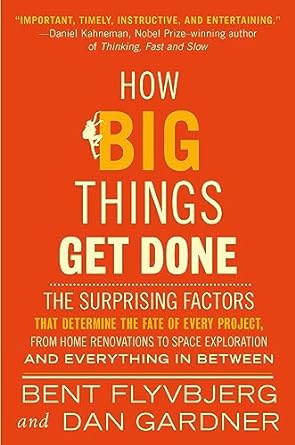 |
An overview of construction planning and management from one of the great thinkers in the space. Bent provides tools to deliver projects on time and on budget from home renovations to the largest megaprojects. Like any self-help book, it has a message focused on selling you a particular product (the expertise of the author). There are some great insights and case studies. |
The Death and Life of Great American Cities - Jane Jacobs
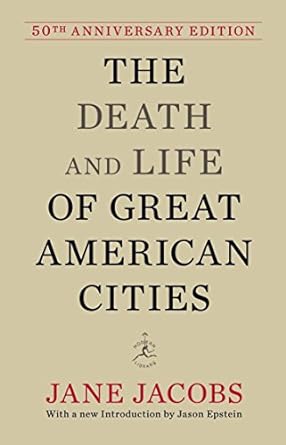 |
The definitive work on city theory. Jane Jacobs was a writer and advocate, who prevented expressways through the heart of two global cities: New York and Toronto. If you want to understand how cities work, there is no greater source. |
The Power Broker - Robert A. Caro
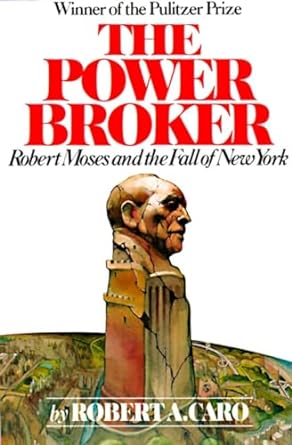 |
Robert Moses was among the great builders of the 20th century. Whether you agree with his approach or its outcomes, there is no denying is ability to get things done. Robert A. Caro is among the great biographers of the 20th century. An incredible writer and documenter of history, you will forget about how many pages this book comprises and get lost in the story. |
Braiding Sweetgrass - Robin Wall Kimerer
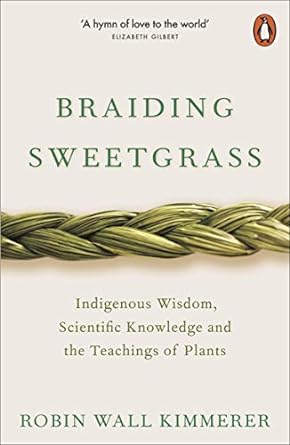 |
Kimerer is an ecologist an enrolled citizen of the Citizen Potawatomi Nation. This book is an excellent read for anyone looking for an alternative to the Western scientific narrative. I was particuarly taken by the dichotomy drawn by Kimerer between origin stories and their effect on our relationship to the environment. Braiding Sweetgrass is a beautiful weaving of personal narrative and ecological philosophy. |
Small is Beautiful - E.F. Schumacher
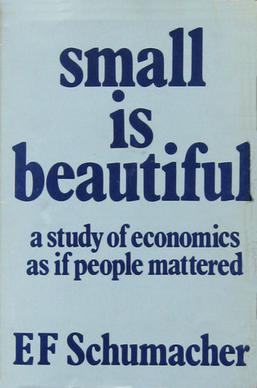 |
E.F. Schumacher was a 20th century economist who held various roles in industry. I purchased the book on the recommendation of its discussion of small-scale economics and critique of growth-oriented economics. I was pleasantly surprised by the discussion of development economics and forecasting. Scumacher’s views on these topics are equally enlightening and challenging of conventional discourse. I provide a deeper discussion in several posts from May and June 2024. |
The Ecological Rift: Capitalism’s War on the Earth - John Bellamy Foster, Richard York and Brett Clark
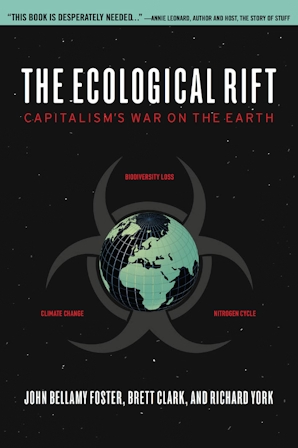 |
This is a powerful critique of capitalist system through the lens of Marx’s metabolic rift. The authors argue that the capitalist economic system divides human consumption from environmental sources in ways that expand individual wealth at the expense of public wealth (including the wealth of nature). I provide more details in the blog. |
Fossil Capital: The Rise of Steam Power and the Roots of Global Warming - Andreas Malm
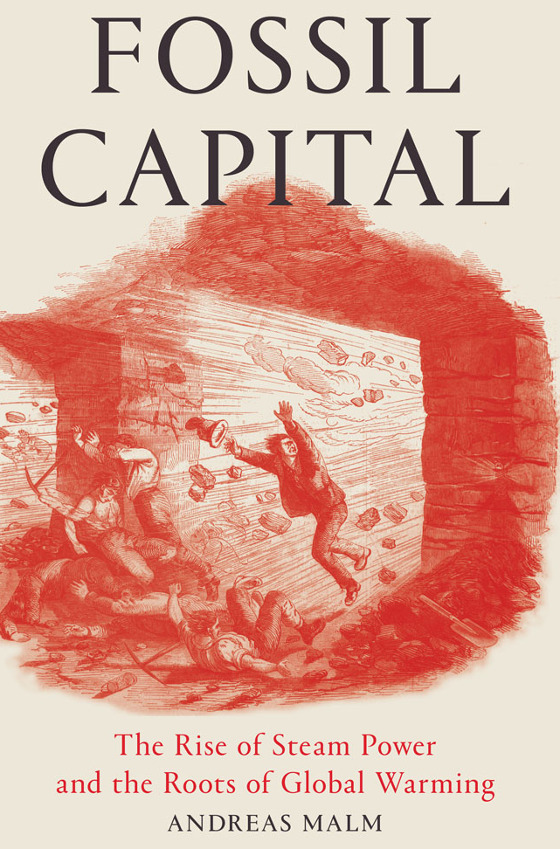 |
Like The Ecological Rift, Fossil Capital is a Marxist historical materialism analysis of the rise of capitalism and its impacts on the environment. The first part of the book provides a lengthy history of the rise of steam power in the United Kingdom. Where I felt the work really came into its own was its discussion of flow and stock energy. Water energy, a flow, is restricted in its production to those locations located along running bodies of water. Stock energy from fossil fuels can be transported and stored. Malm argues this ability to store energy near cheap and exploitable labour was the reason for the transition away from flow-based energy sources. He makes a reasonably good argument that flow-based energy remained cheaper and more convenient, though I would be interested to see alternative energy analyses. Malm also notes that many energy firms have moved away from renewables, such as solar and wind, not because they are expensive (we know they have reached cost parity) but due to low profits. |